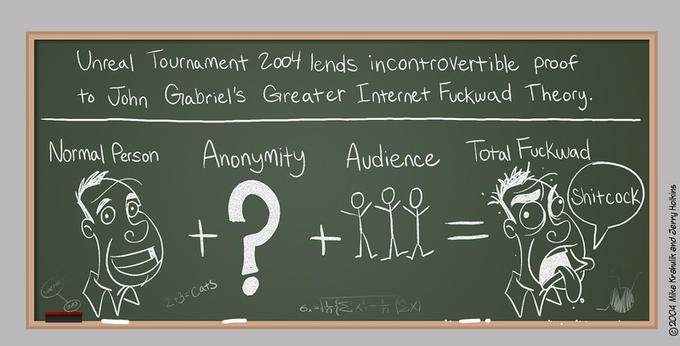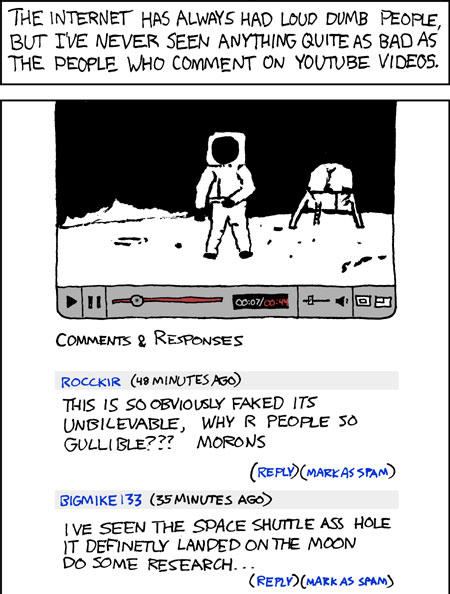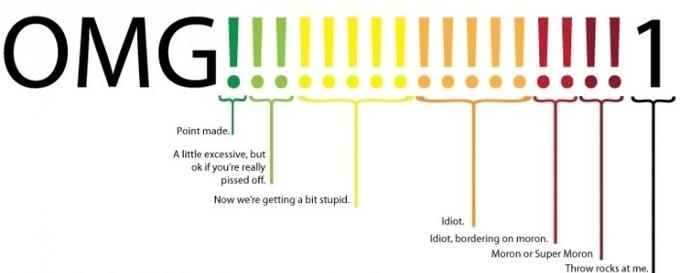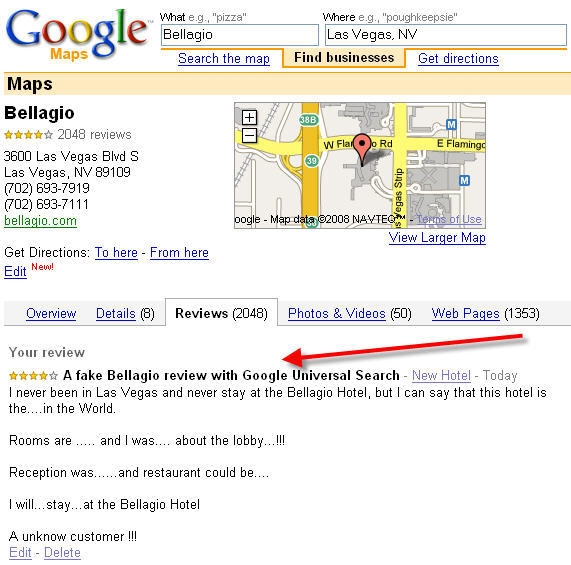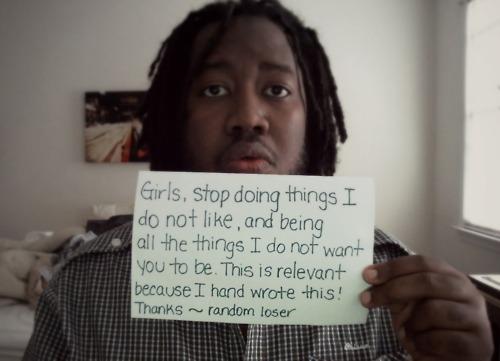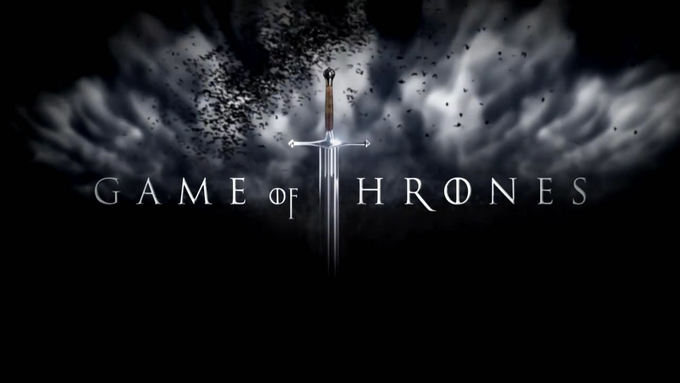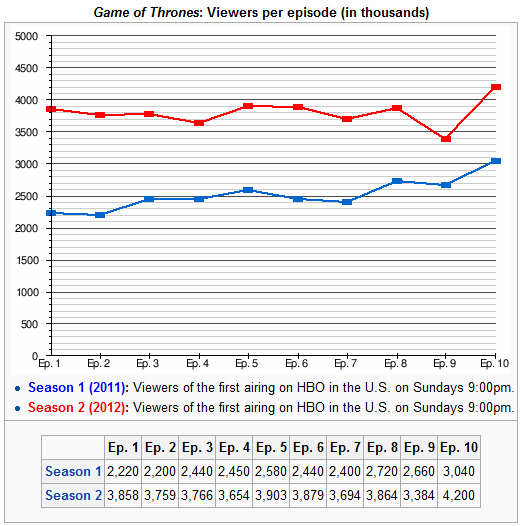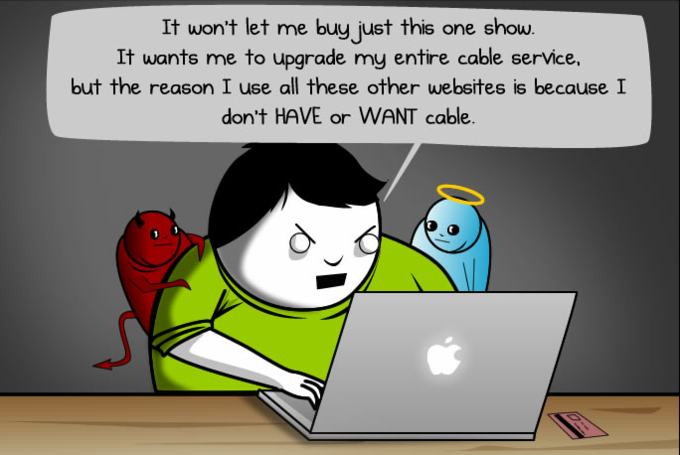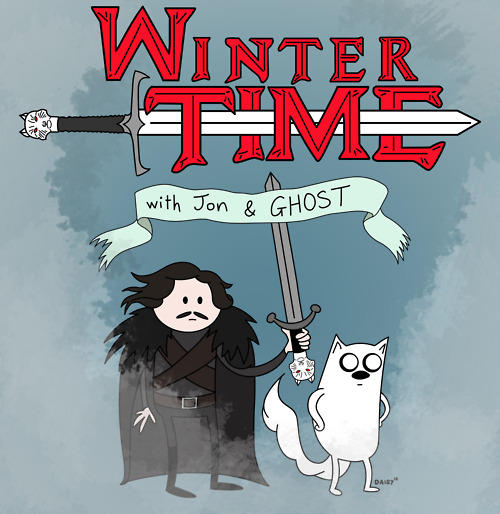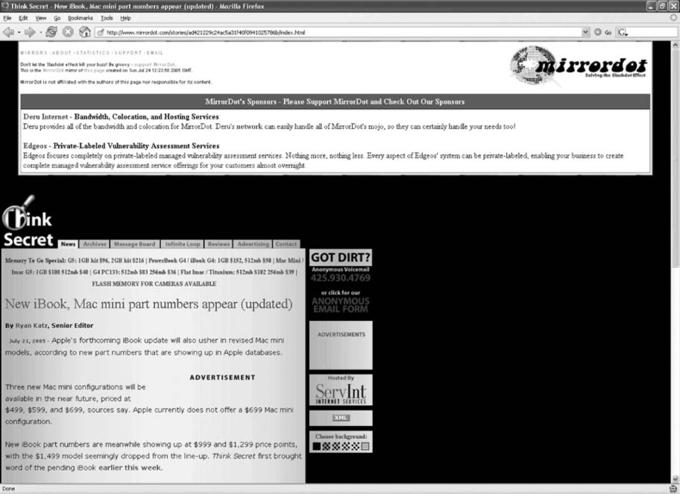About
The Slashdot Effect (also known as slashdotting) refers to the massive increase in a website’s traffic and subsequent downtime as a result of referral from a high-profile website with a larger audience. The term usually signifies negative consequences experienced by the receiving end, such as significant delay in loading time or even temporary outage insufficient data bandwidth. However, the scope of its usage was eventually extended to describe any effect from being listed on a popular site, similar to the definition of the generic term “flash crowd.”
Origin
The name stems from the popular tech news site Slashdot, where featured links would often become unavailable as a result of its readers suddenly flooding into an unsuspecting website with smaller bandwidth capacity. The site that became inaccessible as a result of referral traffick from Slashdot is said to have been “Slashdotted” or “/.”
![]()
The term was first coined on the site sometime in the second quarter of 1998 and the original definition was submitted to the Free Online Dictionary of Computing by Slashdot user John Abbot on October 24th, 1998. Less than a month later in November, Abbot posted a link to the dictionary entry on Slashdot, which remains the earliest known mention of the term on the site.
(Jargon) An effect where a document on a WWW server is linked to from another, popular, site, with the resultant traffic overloading the server so that a connection cannot be made to it. This is especially likely if the server is running Microsoft IIS.
Precursor
The generic term “flash crowd” was coined more than two decades earlier in Larry Niven’s 1973 science fiction short story Flash Crowd, which posited that the invention of inexpensive teleportation would lead people to instantly overcrowd the sites of interesting news stories or spectacles. Twenty years later, the term became commonly used on the Internet to describe exponential spikes in website or server usage when it passes a certain threshold of popular interest.
Spread
In 1999, The term “Slashdot effect” and its verb form “Slashdotted” entered the lexicon of Slashdot users and spread to other tech news and geek culture sites. The “slashdotting” of webpages remained a frequent occurrence throughout the early 2000s, as most websites and blogs weren’t properly equipped to handle such influx of traffic, with the exception of major news sites or corporate websites. The referred websites were reported as inaccessible within minutes of a story’s appearance on Slashdot’s homepage. In some of the more extreme cases, premium subscribers of the site would overwhelm the referred site even before the story became available for the general readership.
![]()
Perhaps due to the community’s highly educated demographic, there have been several research and data analysis projects surveying the magnitude of Slashdot effect on websites, which may range from several hundred to several thousand hits per minute. On February 1, 1999, Slashdot user Stephen Adler published a paper titled “The Slashdot effect,” which provided a cross-comparison of incoming website traffic to three academic papers after they were featured on the news sites Slashdot, Linux today and Freshmeat.
![]()
![]()
![]()
A Google Image search for the term “slashdot effect” yields dozens of statistical graphs illustrating the impact of Slashdot on the referred websites. According to these estimates, the peak of traffic influx usually occurs when the article is placed at the top of the home page and begins to subside as the news story is superseded by newer items and pushed off the front page. The earliest Urban Dictionary entry for the term was submitted in November 2002, followed by its appearance on the online slang glossary Jargon File as early as in June 2003.
Solutions
Many solutions have been proposed for sites to deal with the Slashdot effect. In 2004, Slashdot user and founder of network security firm Edgeos Jay Jacobson launched a project called Mirrordot to alleviate the negative impact by automatically mirroring any website that is linked on the news site’s homepage, thus mitigating the impact of the flash crowd. Jacobson’s project was covered by Wired Magazine in an article published on October 1st, 2004. According to the article, Jacobson started Mirrordot after growing frustrated with the frequent downtime of featured links on the site.
![]()
By 2005, Slashdot effect became a less frequent occurrence, partially due to the decrease in costs of bandwidth and the development of preventative measures like Mirrordot, as well as the news site’s diminishing daily traffic caused by the rising popularity of other news sites like Digg and Reddit. The disappearance of Slashdot effect was noted by business news publication Bloomberg Weekly in an article published on March 2nd, 2005.
Notable Examples
Throughout the 2000s, the generic usage of Slashdot effect spread across other tech news sites and geek culture blogs designed as user-submitted news communities, most notably on Digg, Reddit and FARK, where the term spawned localized versions like “Digg Effect”, “Reddit Effect”, and getting “FARKed.” The political news blog Drudge Report has been also known to produce similar effect on smaller websites, which became known as getting “Drudged.” Additional case studies can be found on a number of globally popular, high-profile websites, such as links that spread virally through Twitter or Google Doodles that are featured on Google’s homepage.
Search Interest
External References






